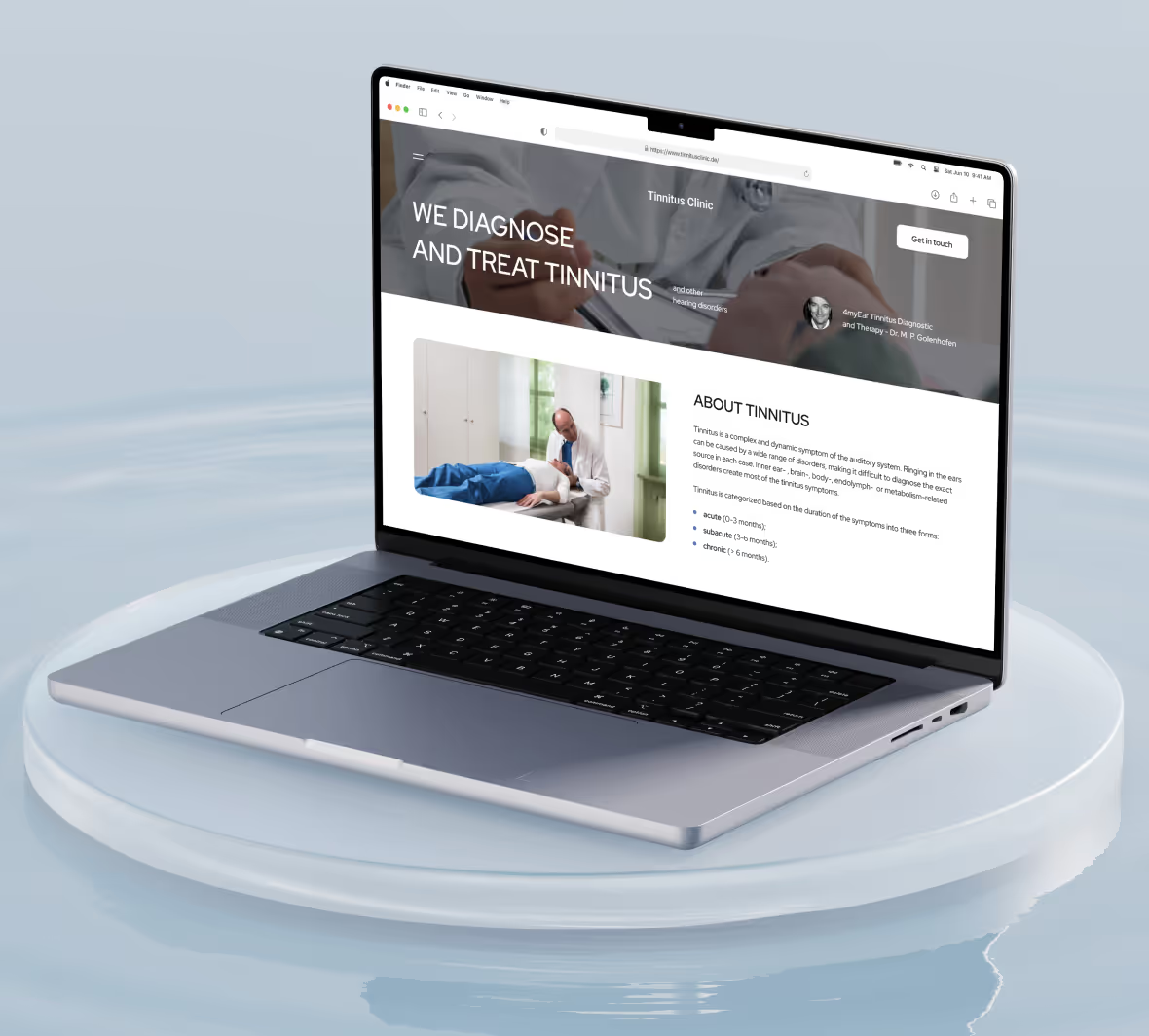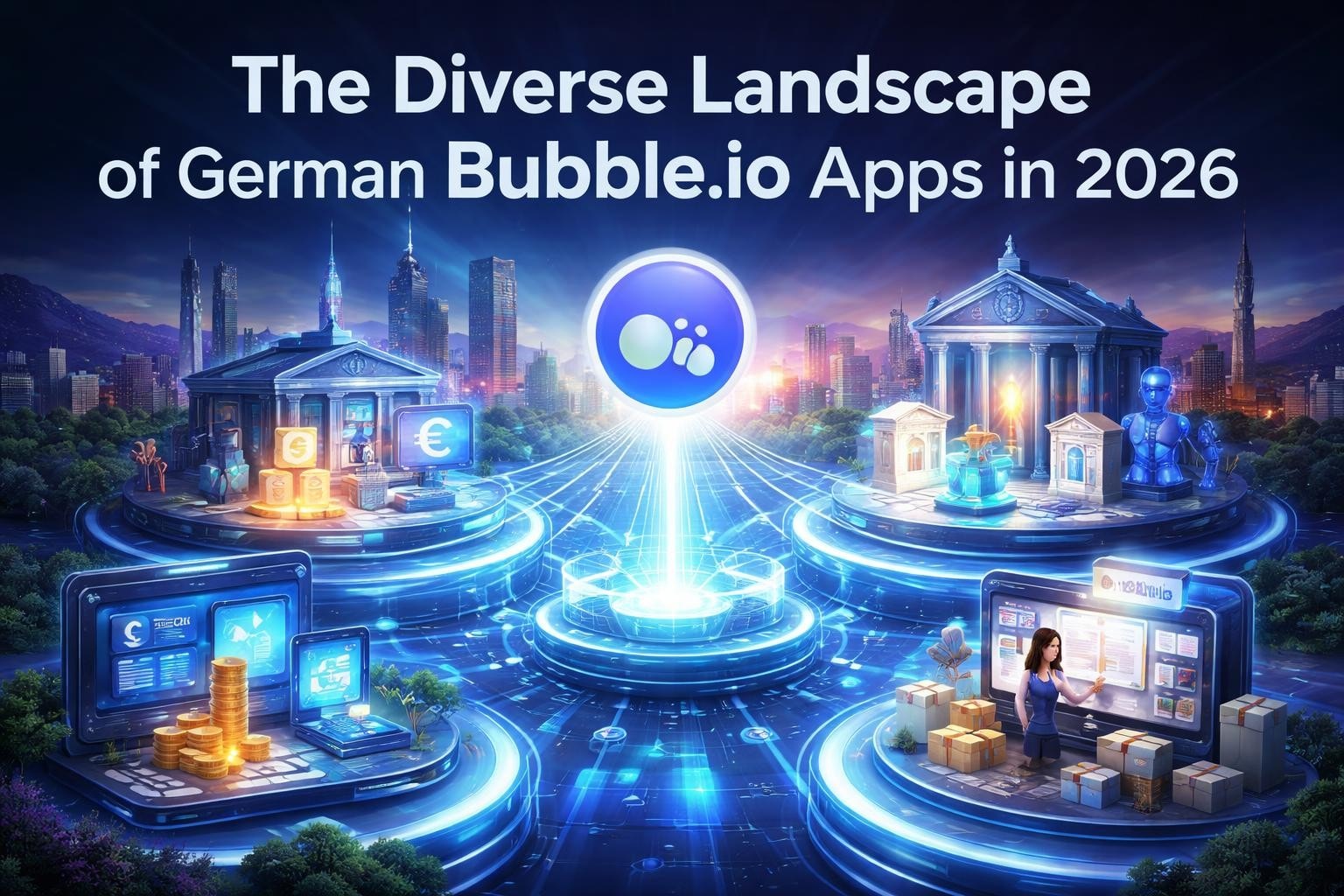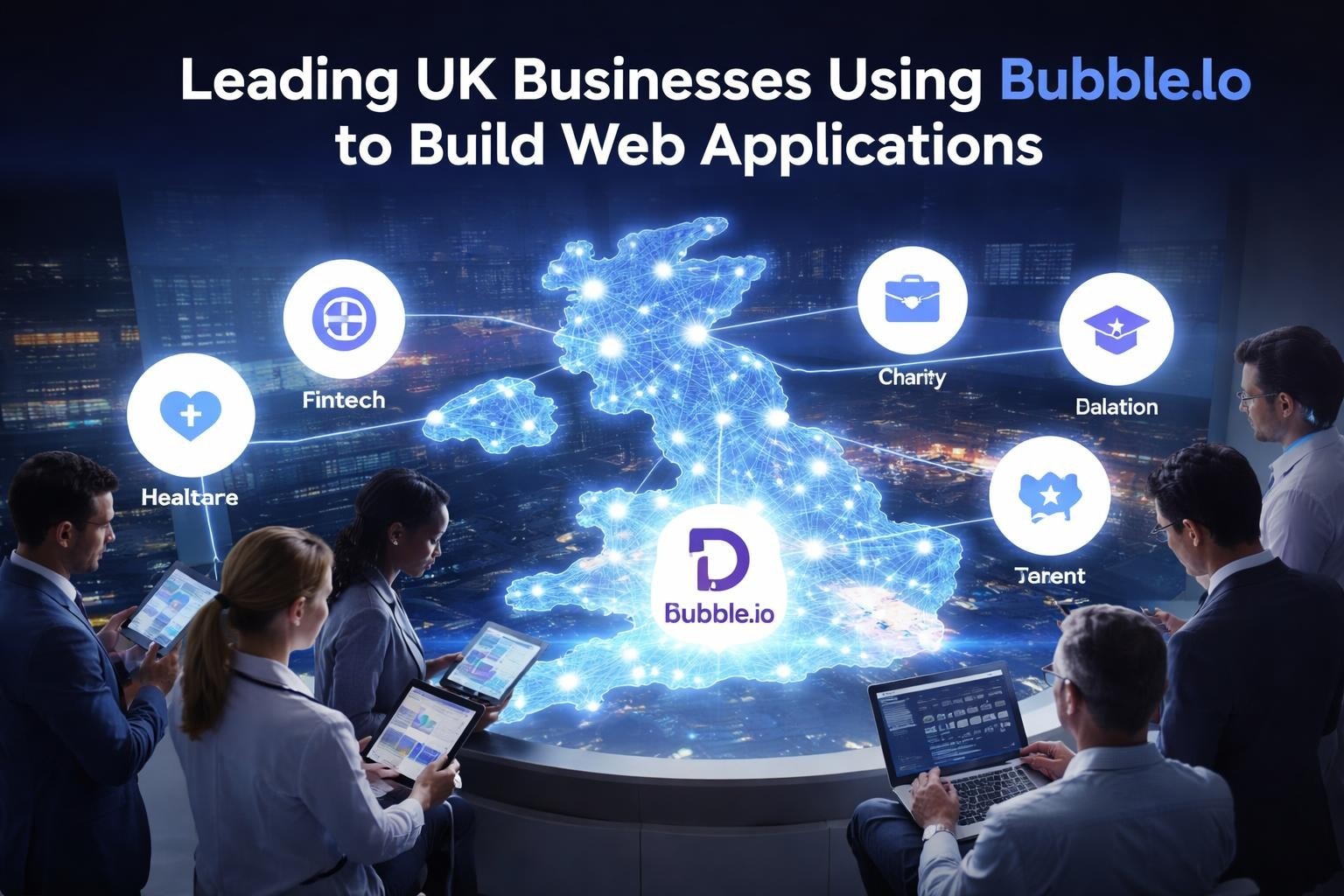
Building a startup can feel like navigating a maze. As you focus on perfecting your product, you may suddenly realize that you need outside help to make it. This is especially true when creating an MVP—the first version of your product that helps you prove your concept, test your assumptions, and gather feedback to steer your future development. Who builds your MVP can make a difference in how smoothly your project goes.
If you don’t have a technical background or development experience, working with an MVP developer can help you avoid costly pitfalls and streamline your project. This guide will help you choose the right MVP developer for your startup.
As you read, keep in mind Minimum Code, a no-code MVP development agency. They can help you reach your goals quickly and efficiently.
What an MVP Developer Does

An MVP developer plays a crucial role in the startup ecosystem. This developer focuses on creating the simplest product version that can be released to the market for early user feedback. This developer's goal is not to make a fully-fledged product but to build a functional prototype with just enough features to satisfy early adopters and validate the core business idea. Understanding an MVP developer's key functions and responsibilities is essential for startup founders when selecting.
Essential Functions of an MVP Developer:
Rapid Development
MVP developers are adept at quickly turning ideas into working prototypes. They prioritize speed to market, allowing startups to test their concepts as soon as possible. This is critical in a competitive environment where timing can make a significant difference in securing market share.
Lean Approach
The essence of an MVP is to eliminate unnecessary features. An effective developer knows how to identify the core functionalities that will deliver value to users while avoiding feature bloat. This lean methodology helps conserve resources and reduces time spent on development.
Iterative Development
Once the MVP is launched, developers often work on gathering user feedback and iterating on the product. They are responsible for analyzing user interactions, which inform future updates and enhancements to the product.
Collaboration and Communication
An MVP developer typically collaborates closely with other team members, including designers, product managers, and marketers. They must communicate effectively about technical challenges, timelines, and project scope, ensuring everyone is aligned on goals and deliverables.
Problem-Solving
The development process will inevitably present challenges. An experienced MVP developer can think critically and devise innovative solutions to problems that arise, especially under tight deadlines.
By understanding these functions, startup founders can better evaluate potential MVP developers. Look for candidates who can balance speed with quality and have a proven track record in developing products under constraints. This understanding helps in the selection process and sets the stage for effective collaboration throughout the development cycle.
Technical Skills Required for MVP Development

The Importance of Full-Stack Development Knowledge for MVP Development
A skilled MVP developer usually possesses both front-end and back-end development knowledge. This means they can handle the user interface (UI) and user experience (UX) aspects (front-end) as well as the server, database, and application logic (back-end). Full-stack developers have a broad range of skills, allowing them to work on different product parts. This is particularly beneficial in early-stage startups where resources are limited.
Why Proficiency in Popular Programming Languages Matters for MVP Development
Depending on the nature of your product, an MVP developer should be proficient in programming languages that best suit your startup’s needs.
Common languages include:
- JavaScript (with frameworks like React or Angular for front-end development and Node.js for back-end).
- Python (popular for building scalable back-end services).
- Ruby on Rails (ideal for rapid development of web-based applications).
- PHP (widely used in the web development space).
- Swift or Kotlin for mobile app development (iOS and Android).
How Familiarity with Databases Helps Your MVP Developer
Databases are at the heart of most applications, storing and managing data. Your MVP developer should have experience with relational databases (e.g., MySQL, PostgreSQL) and non-relational databases (e.g., MongoDB) to ensure that data management is handled efficiently.
What’s the Deal with API Integration Skills for MVP Development?
MVPs often need to integrate with third-party services, especially for startups that want to keep costs low by leveraging existing tools. A good developer should know how to work with APIs (Application Programming Interfaces) to connect your application with external services like payment gateways, email systems, or social media platforms.
Why Cloud and DevOps Skills are a Must for MVP Development
As many modern startups rely on cloud services (AWS, Google Cloud, Microsoft Azure), the developer should understand how to deploy and maintain applications on the cloud. This includes knowledge of DevOps practices like Continuous Integration and Continuous Deployment (CI/CD), which ensures that updates and new features can be quickly and reliably delivered.
Why Version Control Systems (VCS) Matter for MVP Development
Developers must know how to use tools like Git, which is essential for managing code, collaborating with teams, and tracking changes in the development process.
Related Reading
Assessing Relevant Industry Experience for MVP Development

Why Industry Experience Matters: A Key to Your MVP’s Success
When it comes to your MVP, you want the best. That includes the best MVP developer. Beyond technical skills, a developer’s industry experience plays a critical role in ensuring the success of your MVP. Developers who understand your startup’s industry can offer valuable insights and anticipate potential challenges specific to your market. This experience helps them build a more tailored, functional MVP that resonates with your target audience.
Familiarity with Industry-Specific Challenges
Developers with industry knowledge are better equipped to solve niche problems. For example, regulatory compliance and data security are crucial in FinTech, while HIPAA compliance is mandatory in healthcare. With industry-specific experience, a developer may notice these critical elements, leading to delays or non-compliance.
Faster Problem-Solving
An experienced developer can foresee common obstacles and know which tools, frameworks, or methodologies work best for your MVP. This expertise allows for faster iterations and fewer revisions. For instance, a developer familiar with eCommerce might recommend proven payment gateways or cart systems, reducing trial-and-error phases.
User-Centric Design
Developers who understand your target market will create products that align with user expectations. For instance, in SaaS (Software as a Service), the developer might prioritize ease of use and scalability, as SaaS users value efficiency and the ability to grow with the product.
Real-Life Statistics and Examples
LinkedIn’s 2022 Talent Trends report found that 92% of business leaders consider industry experience essential for hiring developers in tech-driven startups. Developers with industry expertise build solutions and often predict challenges, saving businesses from costly errors later on. According to a 2019 McKinsey study, startups that employed industry-experienced developers for their MVP stage reported 30% faster time-to-market than those that hired generalists without relevant industry experience. This speed is crucial for startups trying to capitalize on early momentum.
Case Study
Dropbox is an excellent example of how industry expertise shaped the MVP. Drew Houston, its founder, had experience in tech startups and a deep understanding of file-sharing challenges. The early development team focused on building a smooth, user-friendly interface that targeted business professionals’ pain points. As a result, the MVP quickly gained traction and helped Dropbox dominate the cloud storage market.
How to Evaluate Industry Experience
When assessing potential MVP developers, ask them about their past projects in your industry. Look for examples of how they navigated challenges and what specific industry knowledge they applied. Ask for references from similar projects. Their ability to understand the business side of your product and the technical side will provide a more holistic approach to MVP development. Industry experience isn’t just about solving technical problems; it’s about understanding the bigger picture, which can significantly influence the success of your MVP.
Choosing the Right MVP Developer for Your Startup's Growth

Why You Should Care About Technical Expertise when Hiring an MVP Developer
The technical expertise of your MVP developer is the foundation for building a successful product. A well-executed MVP requires mastery of programming languages, development frameworks, and methodologies relevant to your startup’s needs. Before choosing a developer, evaluating their proficiency in the technologies that will potentially be your MVP is crucial.
What Makes Technical Expertise So Critical?
Programming Languages and Frameworks
The developer’s knowledge of relevant programming languages like Python, JavaScript, or Ruby will determine how efficiently your MVP is built. Equally important is their familiarity with frameworks like React, Node.js, or Django, which help build scalable and efficient applications. For instance, a fintech MVP might need expertise in highly secure languages like Python, while an eCommerce app might rely heavily on React for a responsive user interface.
Version Control and Agile Development
Look for developers skilled in version control tools like GitHub or GitLab. These tools ensure smooth collaboration among teams and efficiently track changes in the codebase. Agile development methodologies like Scrum or Kanban allow for iterative development, enabling regular feedback and adjustments throughout the MVP development.
Experience with APIs and Integrations
In today’s interconnected software landscape, a well-rounded developer must have experience with integrating third-party APIs (Application Programming Interfaces) to extend your MVP’s functionality. Whether it’s payment gateways, customer relationship management (CRM) software, or social media integrations, these APIs are essential for building a robust MVP. For example, integrating Stripe for payment processing or Twilio for SMS notifications can save time and resources during MVP development.
Testing and Debugging
A critical but often overlooked aspect of technical expertise is proficiency in testing and debugging. Your MVP developer must be skilled in automated testing tools like Selenium or Postman to ensure the product is free of bugs and performs efficiently under various conditions.
How to Evaluate Technical Expertise
To assess a developer’s technical skills, request their portfolio and ask for case studies demonstrating their experience with the technologies relevant to your MVP. If possible, involve a technical advisor or consultant to review the developer’s code quality or conduct a technical interview. Check their proficiency with front-end (user interface) and back-end (server-side) development and their ability to implement APIs and integrations.
Ensuring your developer's technical expertise will streamline the MVP development process and future-proof your product for scaling and additional features.
The No-Code MVP Approach for Entrepreneurs
We are a no-code development agency tailored for non-technical entrepreneurs looking to rapidly launch B2B SaaS or service web apps. Our expertise lies in using tools like Bubble.io, Xano.com, and Webflow to deliver MVPs within a month. Why you should work with us: We offer rapid development speed, cost-effectiveness compared to traditional methods, scalable and secure solutions, and full-service support from design to post-launch.
We're ideal for founders who've experienced lengthy traditional development cycles or need a technical co-founder. Our approach solves common pain points like the need for more tech skills, no-code scalability, security concerns, and the desire to focus on business while we handle the tech. Bring your long-held business ideas to life with us, and get a free product discovery and scoping for your app idea today!
Key Skills to Assess

In the fast-paced world of startup development, technical proficiency is non-negotiable. When evaluating MVP developers, it is essential to assess their technical skills and the technologies they are proficient in. The correct technical expertise can significantly impact the success of your MVP.
Programming Languages: The Building Blocks of Your MVP
Familiarity with languages that align with your project's needs, such as JavaScript, Python, Ruby, or Swift, is critical. Depending on your MVP’s platform (web, mobile, etc.), the developer should have strong expertise in the relevant programming languages.
Frameworks and Libraries: Speeding Up Development
Knowledge of frameworks and libraries can speed up development. For example, if you are developing a web application, experience with frameworks like React, Angular, or Vue.js can be beneficial. Proficiency in Node.js or Django for backend development can significantly enhance development efficiency.
Database Management: Structuring Your Data Effectively
A good MVP developer should understand database systems, whether SQL (like PostgreSQL or MySQL) or NoSQL (like MongoDB). This ensures that your data is structured effectively, which is crucial for any application.
API Integration: Connecting Your MVP to Existing Solutions
Many MVPs require integration with third-party services (e.g., payment gateways, social media APIs). Assessing a developer’s experience with API integrations can be crucial for your project’s success.
Review Previous Works
.jpeg)
A portfolio showcases the developer's previous projects, allowing you to gauge their experience and expertise. It reflects their ability to handle various aspects of development, from front-end design to back-end architecture. Analyzing their portfolio can help you identify whether their style and skill set align with your project’s needs.
What Elements Should You Look for in an MVP Developer’s Portfolio?
When reviewing a potential MVP developer’s portfolio, there are several crucial elements to consider:
Diversity of Projects
Look for projects that demonstrate versatility. A developer who has worked on various applications (e.g., e-commerce, SaaS, mobile apps) can bring valuable perspectives to your project.
Quality of Design and Functionality
Assess the usability and aesthetic appeal of their previous projects. Well-designed interfaces and smooth functionality indicate a developer who understands the principles of user experience (UX) and user interface (UI).
Tech Stack Used
Review the technologies employed in their projects. If their portfolio features projects built using the same technologies you plan to use for your MVP, it indicates familiarity, which can streamline the development process.
Real-World Impact
Look for case studies or testimonials that highlight the impact of their work. For instance, if a developer can demonstrate how their contributions improved user engagement or increased revenue for a client, it’s a strong indicator of their effectiveness.
How Can You Dig Deeper into an MVP Developer’s Past Projects?
Analyzing a potential MVP developer’s portfolio is critical in finding the right fit for your startup. To gain even more insight into their past projects, consider the following implementation tips:
Request Detailed Case Studies
Ask the developer for specific examples of past projects. A good developer will be able to articulate their challenges, the solutions they implement, and the outcomes of those projects.
Engage Previous Clients
Contact previous clients for feedback on their experience working with the developer. This can provide invaluable insights into the developer’s communication skills, reliability, and professionalism.
Real-Life Example of a Portfolio Review in Action
Consider the success story of Slack, which started as an internal communication tool for a gaming company. The development team behind Slack showcased their portfolio by highlighting their previous successful projects and technical capabilities. This established credibility and attracted early users, demonstrating the importance of a well-presented portfolio in attracting attention and building trust.
Get a Free Product Discovery & Scoping for Your App Idea Today
Let’s talk about no-code MVPs. A no-code MVP is a minimum viable product built with no-code tools instead of traditional coding. Unlike a regular MVP, which focuses on a product's core features, a no-code MVP is defined by its development approach. Building an MVP with no-code tools allows faster development times and lower costs than traditional coding methods. For entrepreneurs without a technical co-founder, this approach can help them quickly validate their business idea in the market and gain valuable user feedback to inform future development.
Related Reading

Ready to build your product?






.avif)


